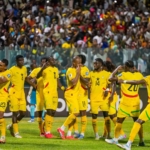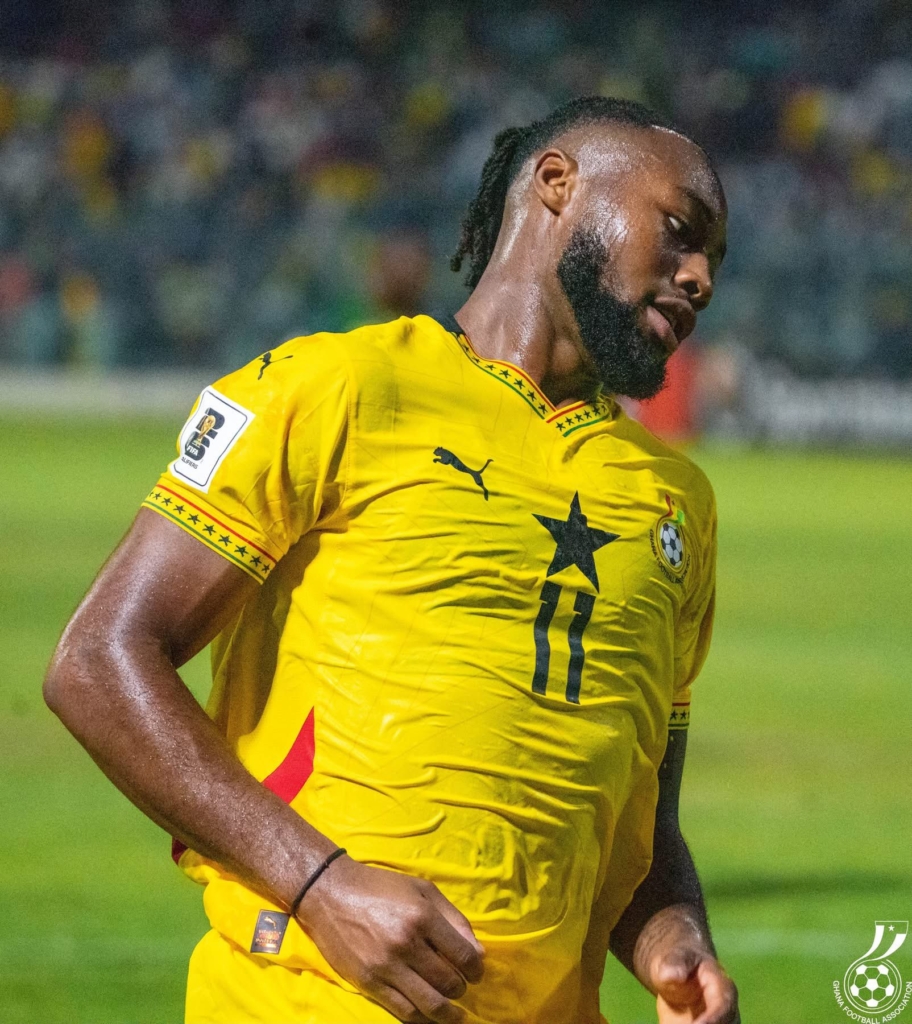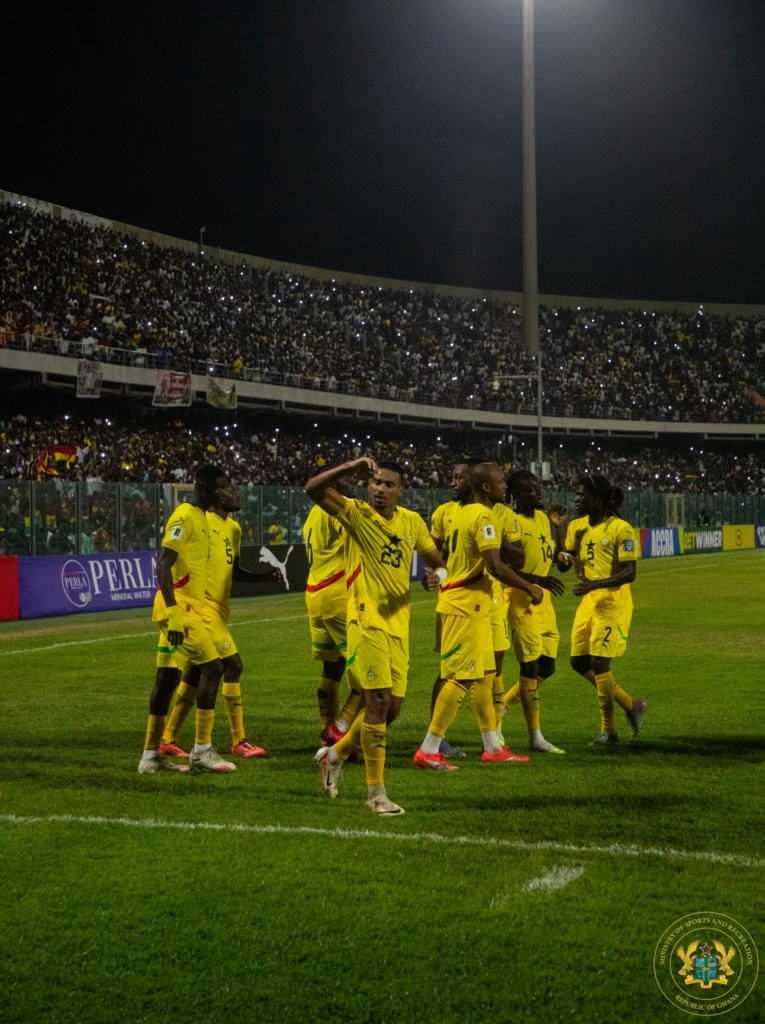
On an electric Monday night in Accra, the roar of the crowd told its own story. Every pass, every dribble, every defensive tackle by the Black Stars was greeted with thunderous applause from the stands of the Accra Sports Stadium.
Ghana needed this win, not just for the points, but for belief. And against a strong Malian side, they delivered.
For long stretches of the game, it wasn’t pretty. The first half was tense, cautious, and at times nervy. Ghana, set up by Otto Addo in a pragmatic 3-4-3 system, refused to be drawn into Mali’s rhythm. The Eagles had scored freely in their last two matches, and Addo knew that conceding early could undo his team’s fragile confidence. Instead, he asked his players to be disciplined, to match Mali stride for stride.

The first clear chance of the game fell to Antoine Semenyo, who latched onto a pass from Mohammed Kudus. The stadium rose to its feet, hearts in mouths, but his shot shaved inches off the post. It was the moment that summed up Ghana’s first-half performance promising but not ruthless.
The fans as the 12th man
After the game, Mali coach Tom Saintfiet admitted, “Ghana didn’t play with 11 men, they played with 12. The fans made the difference.” He was right. The Accra crowd never let the energy dip. Songs echoed across the stands, flags waved endlessly, the Mexican wave was in full flow, and the players seemed to draw an extra ounce of strength from the sea of red, gold, and green.

What changed this time
Otto Addo had made bold choices, drafting in Alexander Djiku, Mohammed Salisu, Thomas Partey, and debutant Kwasi Sibo. Together, they gave Ghana solidity. Sibo, in particular, looked assured, covering spaces and breaking down Mali’s midfield rhythm. Alongside Partey, he ensured that Mohammed Camara and Aliou Dieng couldn’t dictate the game.

At the back, Djiku, Salisu, and Jonas Adjetey stood tall. Adjetey looked shaky in the first half, misplacing passes and struggling under pressure, but he grew into the game. By the closing stages, he was winning duels and throwing himself into tackles like a seasoned campaigner.
On the flanks, Gideon Mensah and Caleb Yirenkyi pushed forward with pace, though their deliveries often lacked precision. Yirenkyi, a midfielder asked to fill in at wing-back, nearly produced a spectacular moment when his cross almost dipped under the bar, forcing Mali’s goalkeeper Djigui Diarra into an awkward save.
Not convincing, but priceless
This was no vintage Black Stars display. It wasn’t free-flowing, and at times it felt like Ghana were hanging on. But football isn’t always about beauty; sometimes it’s about grit. And this win, hard-fought as it was, carried the weight of redemption.
By the final whistle, Ghana had secured maximum points, moving to 19 points from eight games in Group I. It wasn’t just about numbers; it was about momentum, belief, and the dream of playing under the bright lights of USA, Canada, and Mexico in 2026.
What next?
For Mali, stuck on 12 points in fourth place, the road is now far more complicated. For Ghana, the mission continues. Two more matches remain against the Central African Republic on October 6, and Comoros on October 13.
The journey isn’t over, but in Accra on that September night, the Black Stars reminded Africa and themselves that they are still very much alive in the race to the World Cup.